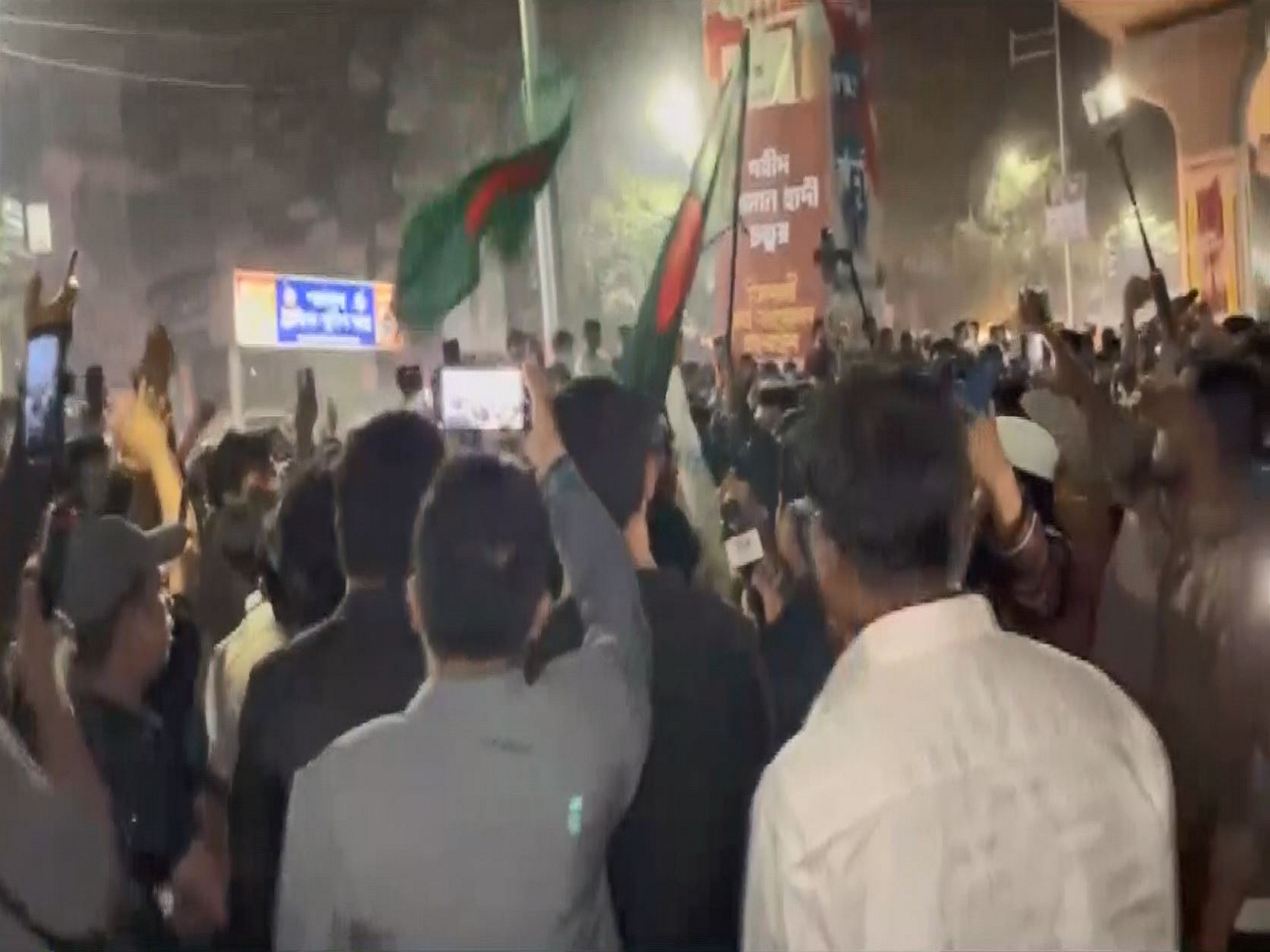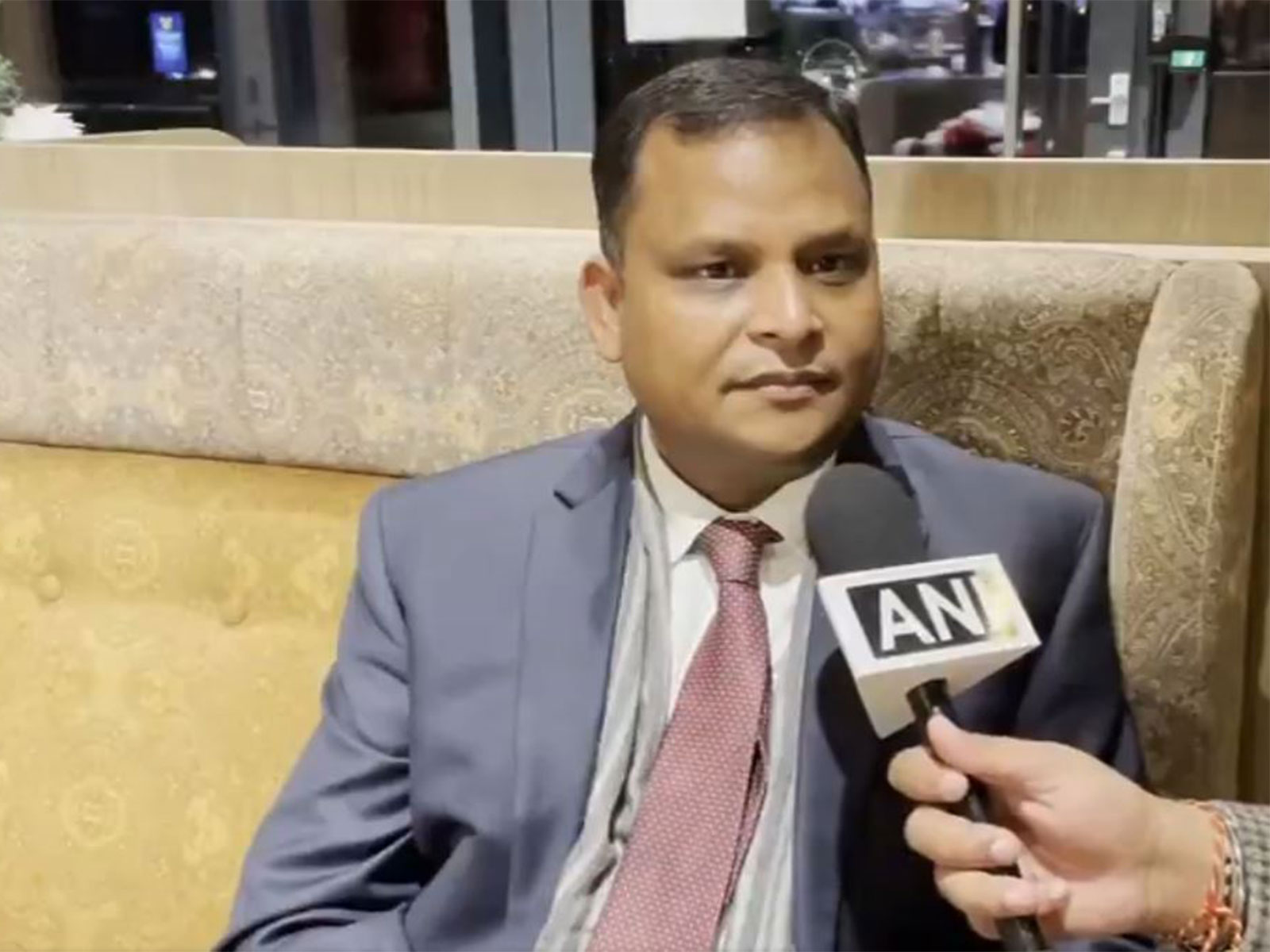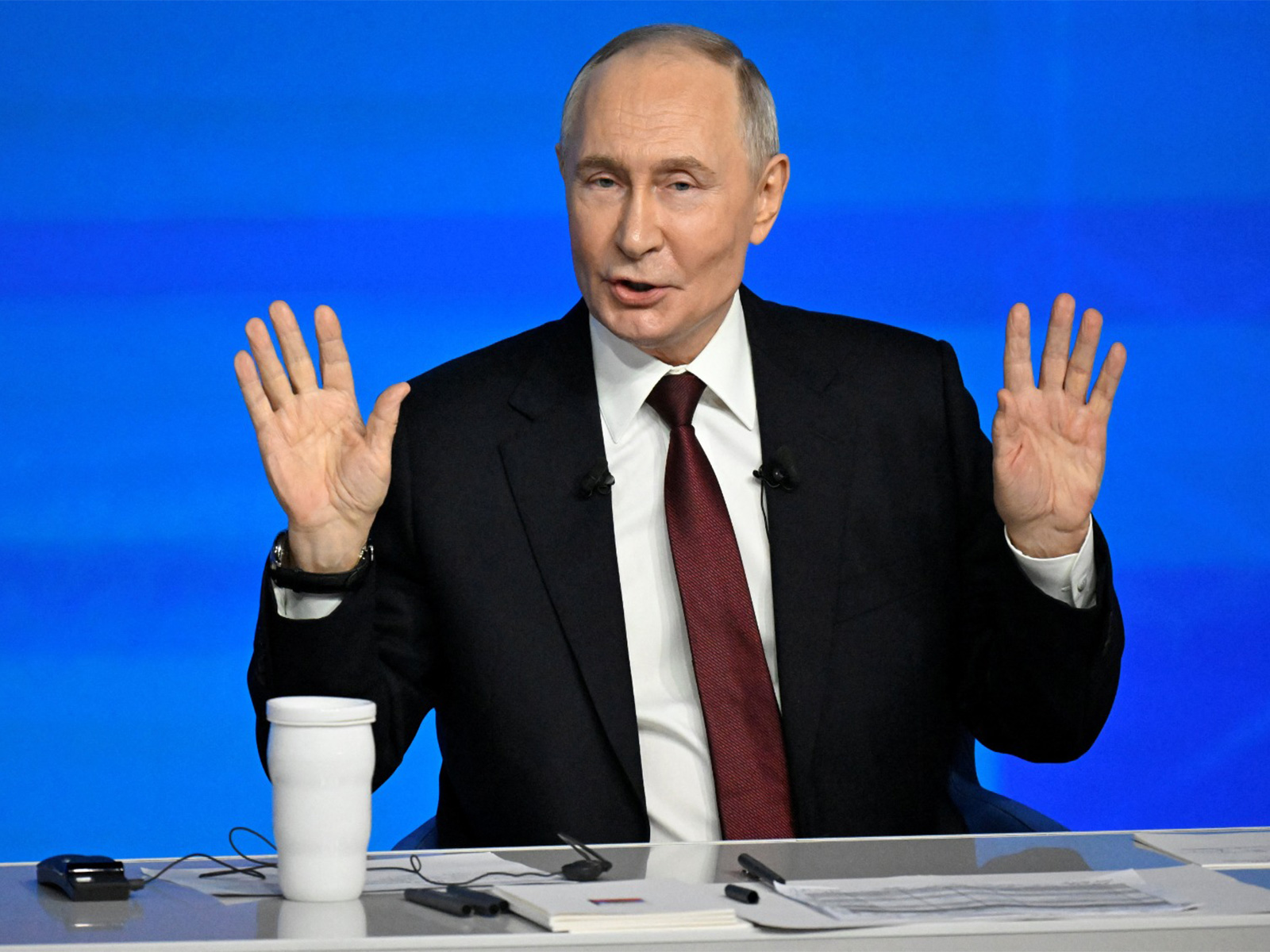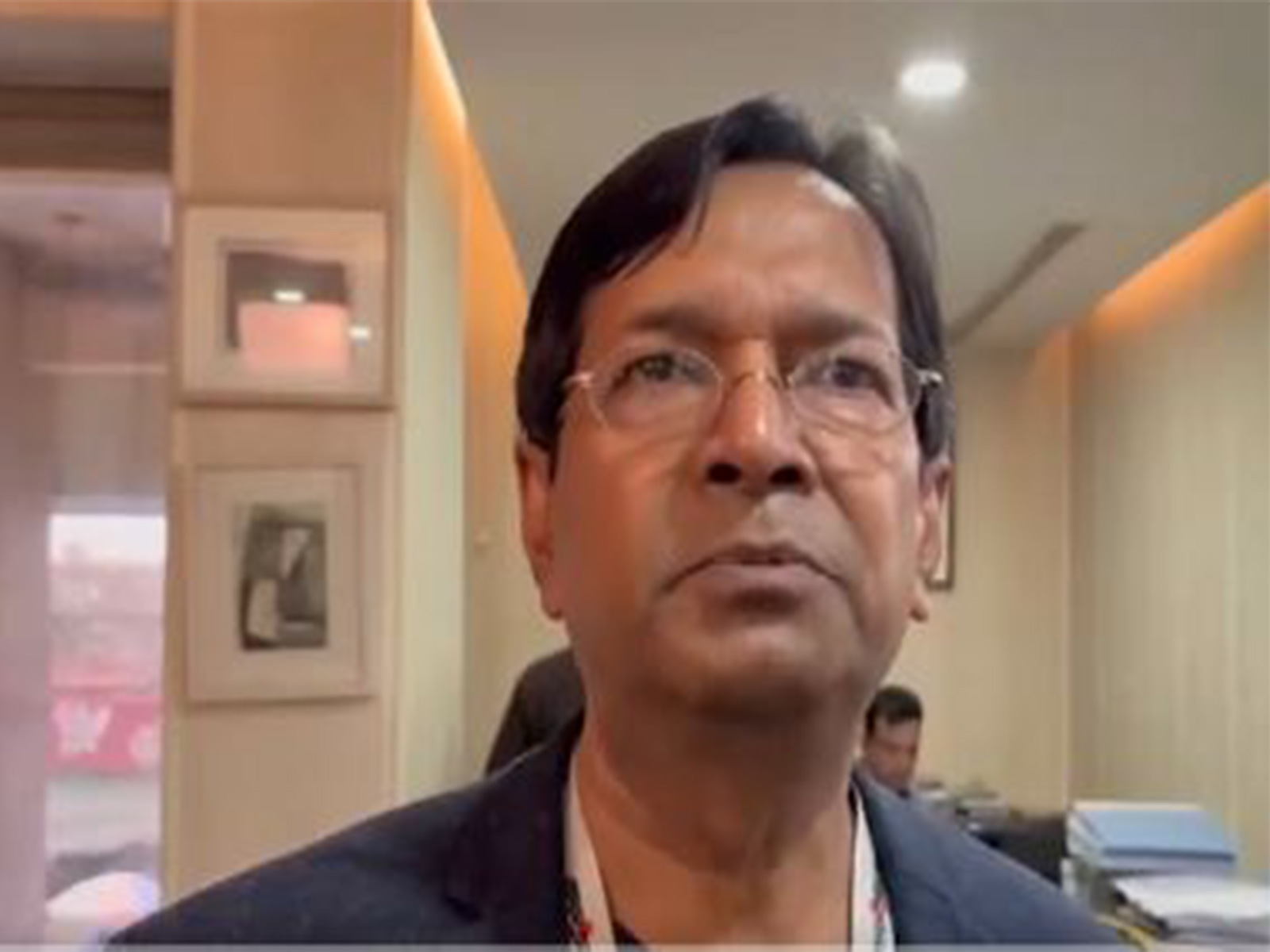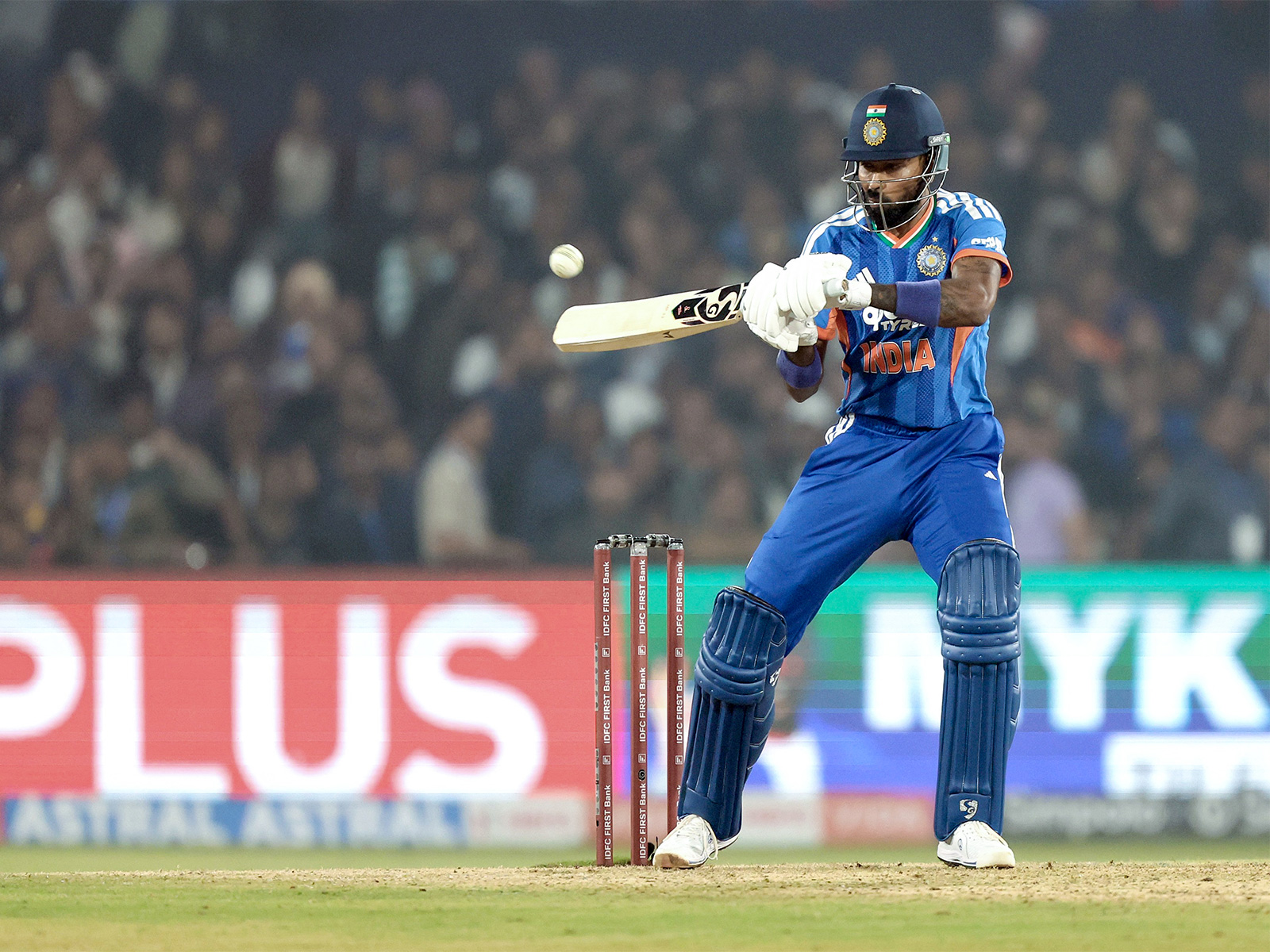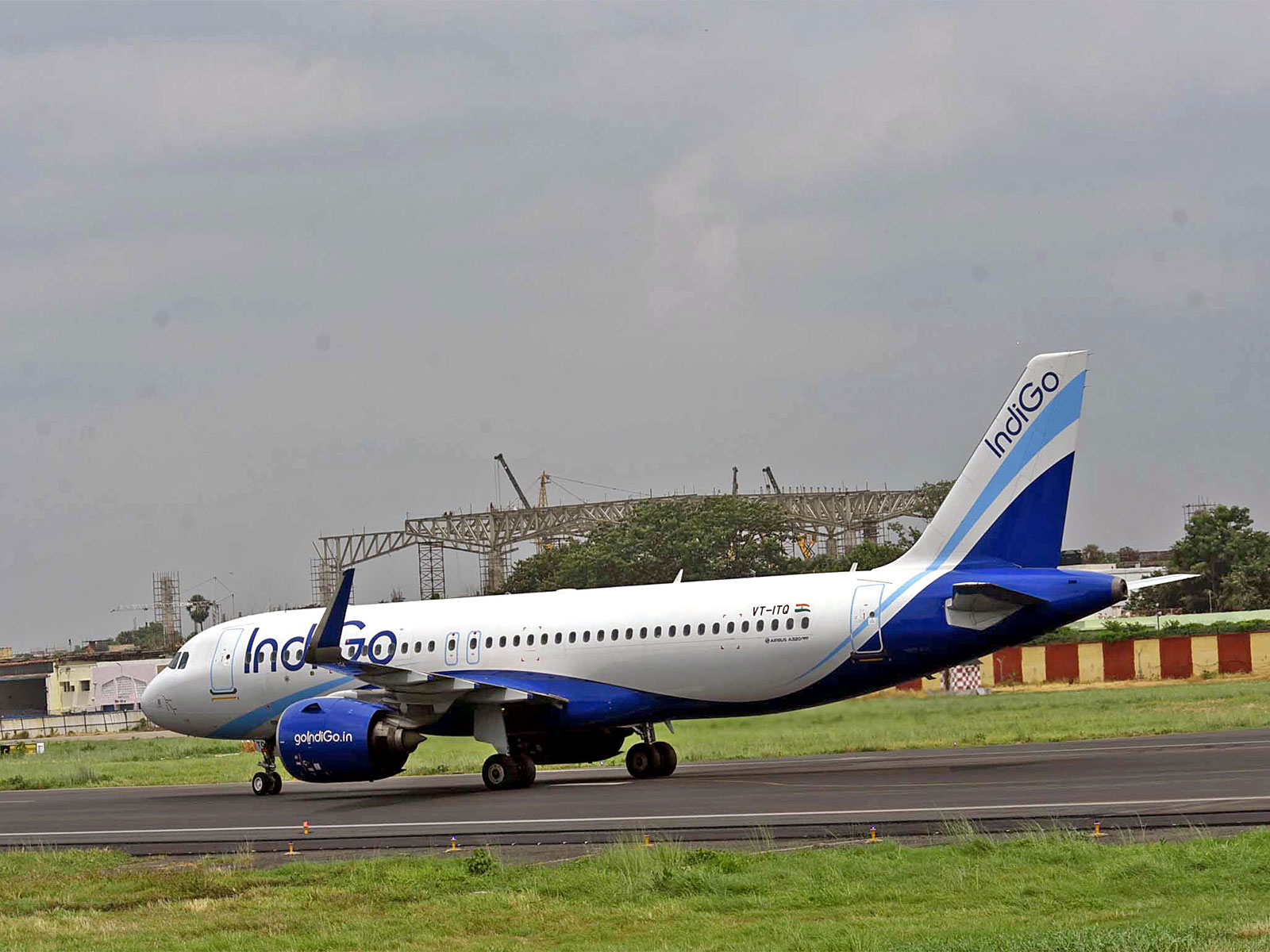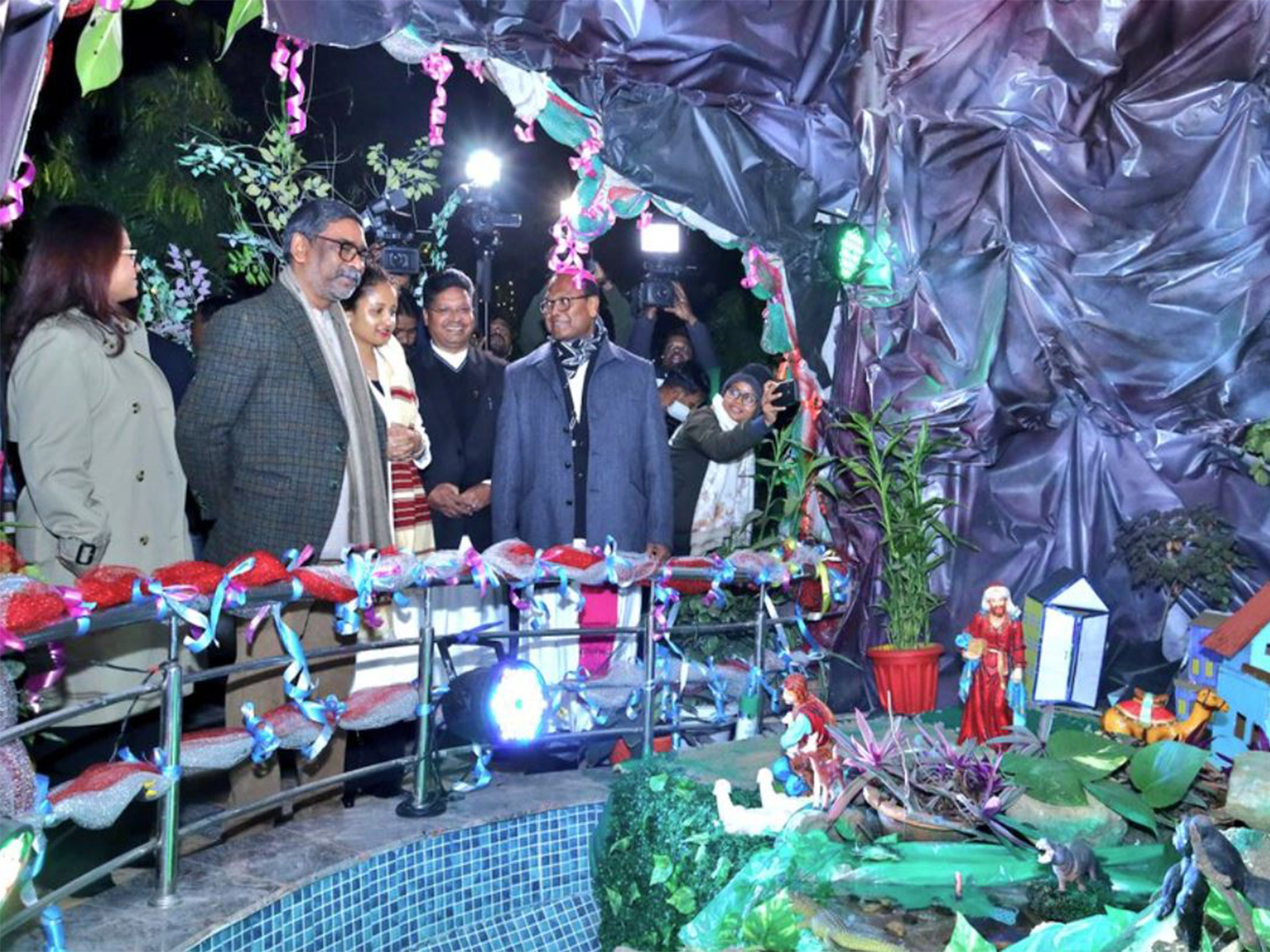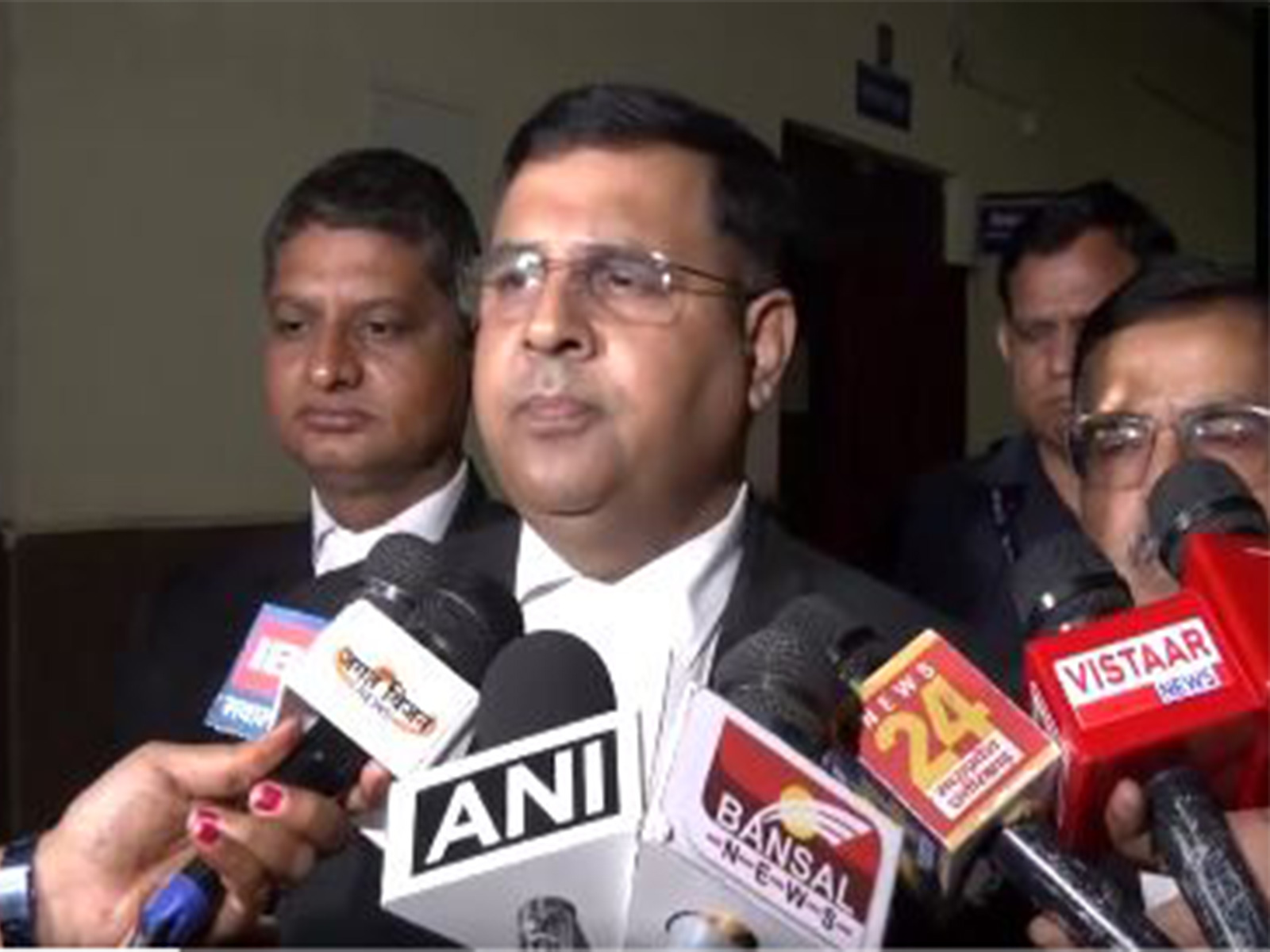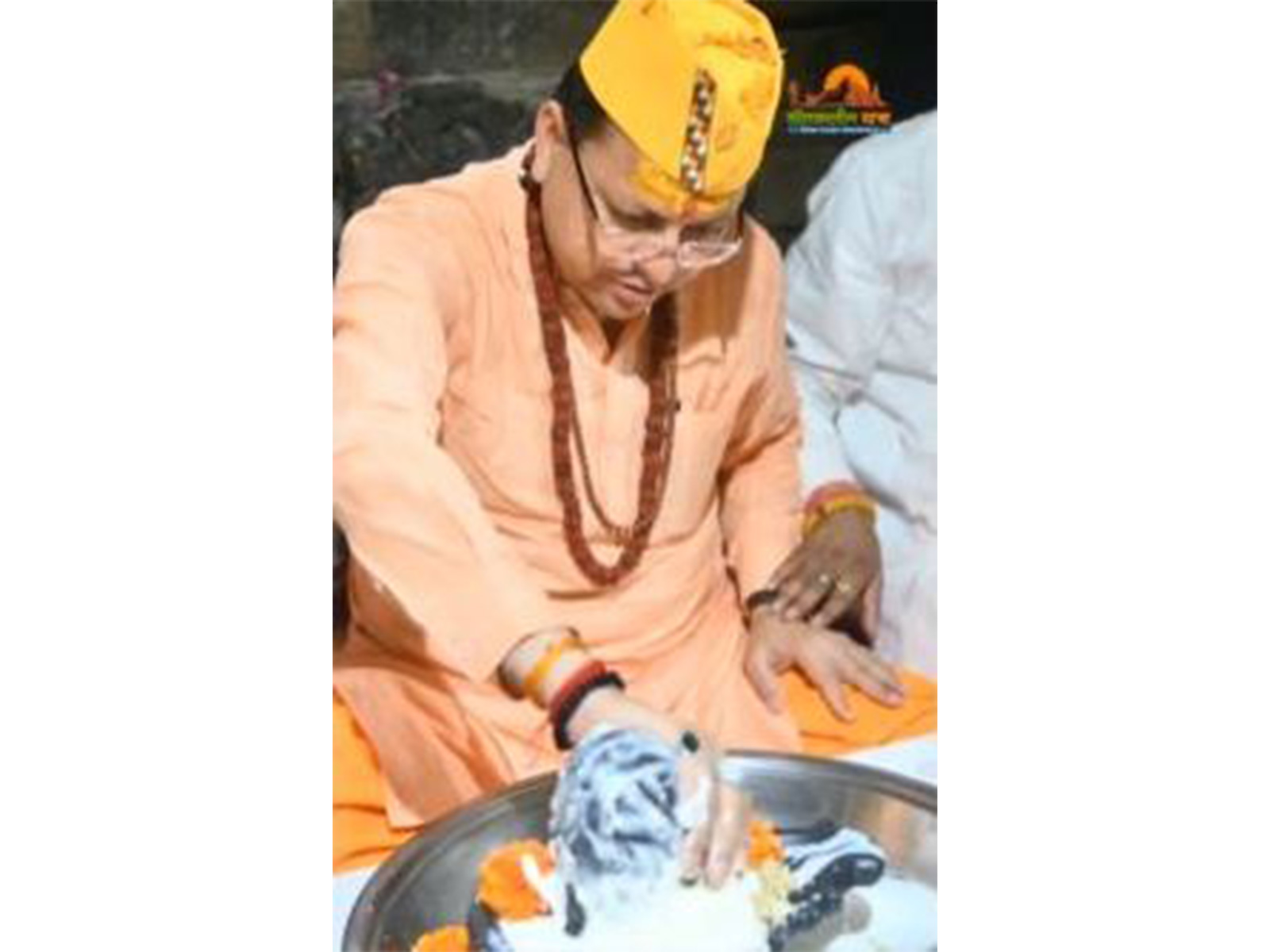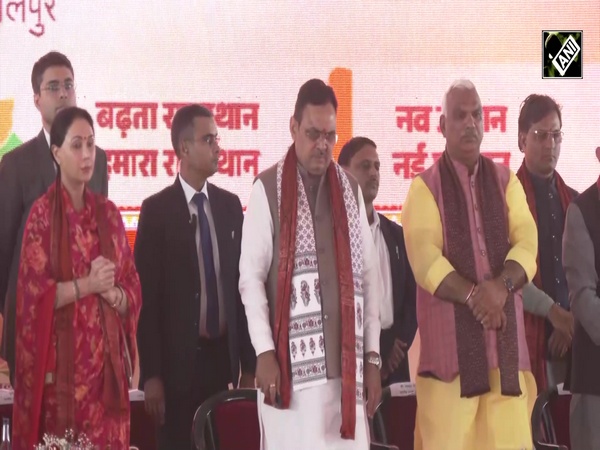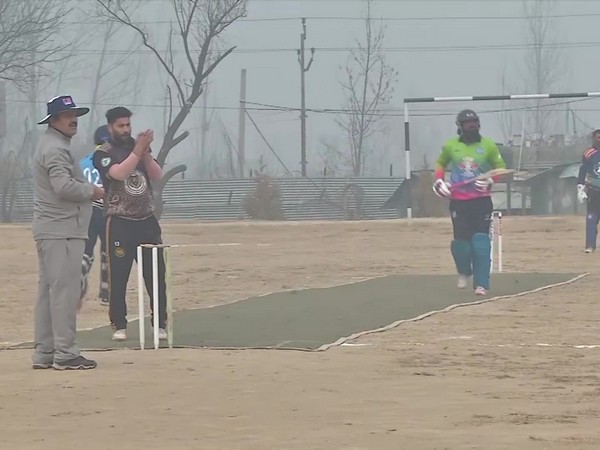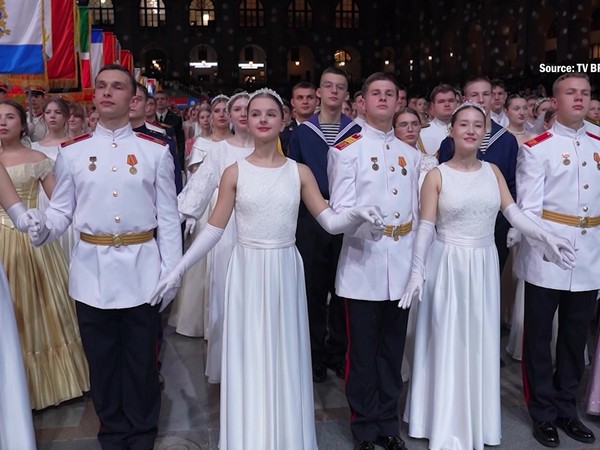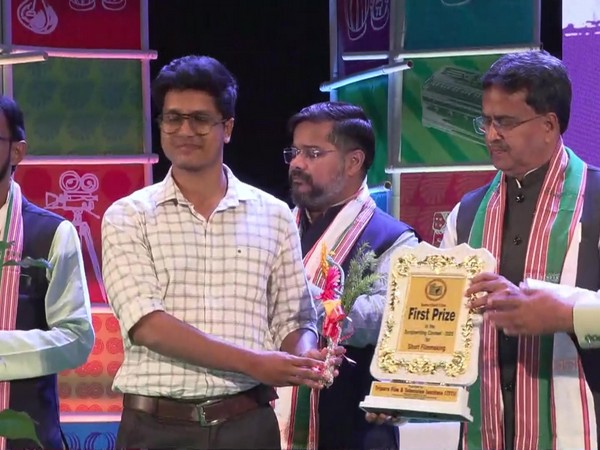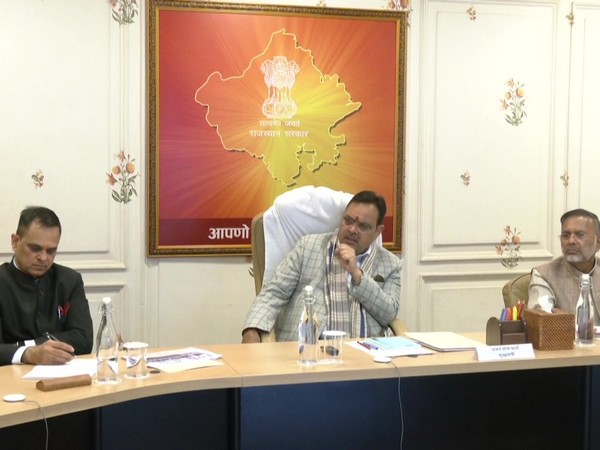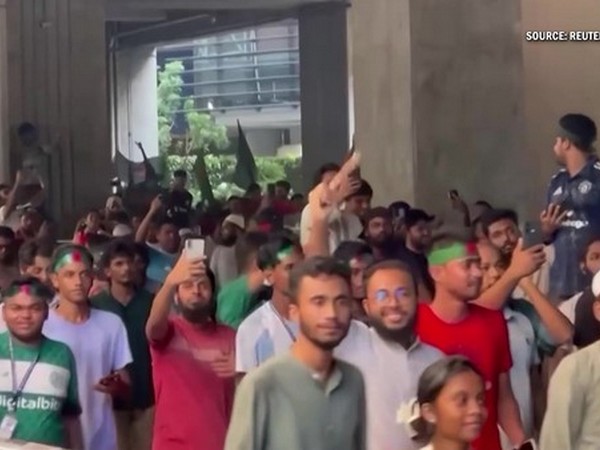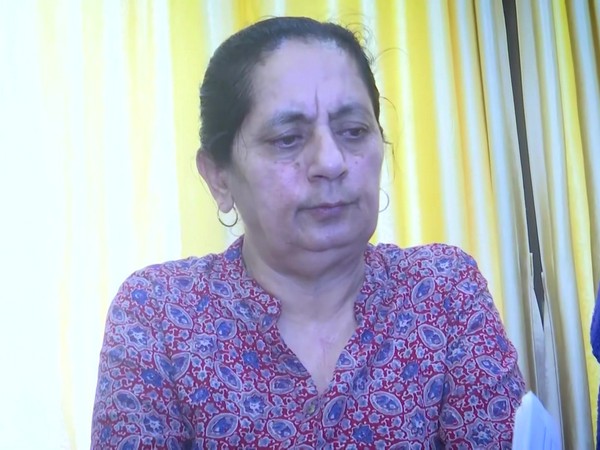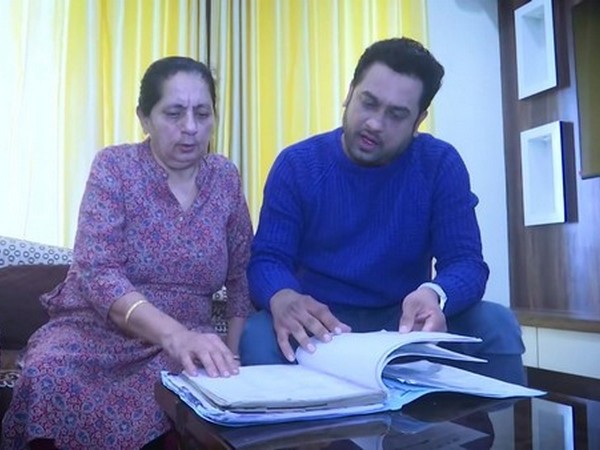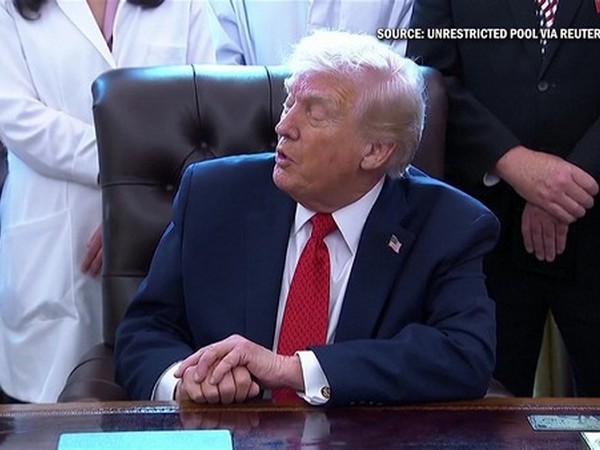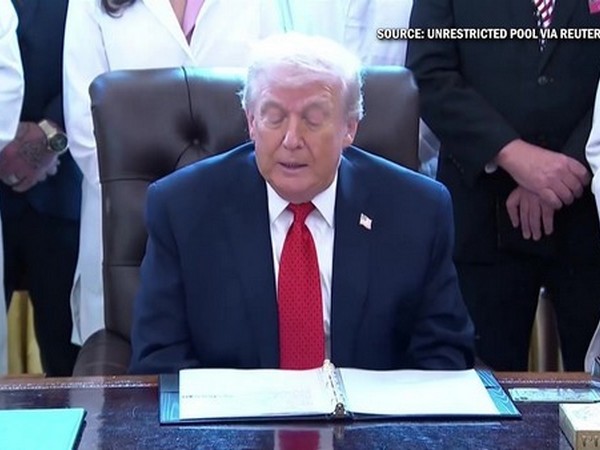On Nijjar killing, Justin Trudeau tells public inquiry panel, "We have stood up for Canadians"
Apr 11, 2024

Ottawa [Canada], April 11 : Canadian Prime Minister Justin Trudeau who testified at a public inquiry looking into foreign interference in Canada's electoral process said that his government was firm on the issue of protecting Canadians, including addressing the killing of Khalistani extremist Hardeep Singh Nijjar, who was shot dead in Surrey last June.
During a hearing of the Foreign Interference Commission which is headed by Quebec judge Marie-Josee Hogue, Trudeau accused the previous Conservative government in the country of being "cosy" with the current Indian government.
Asked about foreign interference during the 2019 elections and redacted parts in the 2019 annual report of the NSI, Trudeau said, "In a public setting, I can't speak to redactions made for national security. But, I will say that the principle that anyone who comes to Canada from anywhere in the world has all the rights of a Canadian to be free from extortion, coercion, interference from a country that they left behind and how we have stood up for Canadians, including in the very serious case that I brought forward to Parliament of the killing of Nijjar, demonstrates our government's commitment to defending the rights and freedoms of Canadians."
"And the suggestion that we haven't and we won't do everything we can to defend Canadian rules and values and defend Canadians from foreign interference is simply misplaced," Trudeau is heard in a video of the inquiry proceedings shared by Canadian newspaper The Global and Mail.
"Our government has always stood up to defend minorities in Canada and the rights of minorities to speak out even if it irritates their home countries overseas," Trudeau said.
An investigation into the allegations of foreign meddling in Canadian politics was triggered by several media reports that cited unnamed sources and leaked documents.
A briefing document from the Canadian Security Intelligence Service (CSIS) says that China "clandestinely and deceptively" interfered in the last two federal elections.
Trudeau appeared before the national public inquiry after several days of testimony from members of his cabinet, political party representatives, intelligence officials and senior bureaucrats. During the hearing, the Canadian Prime Minister spoke about the measures his government had taken to address foreign interference since assuming power in 2015.
Asked whether appropriate steps were not taken to expose foreign interference, Trudeau said, "I think that's certainly a question one needs to ask of the previous conservative government that was known for its very cosy relationship with the current Indian government. Whereas our government has always stood up to defend minorities in Canada and the rights of minorities to speak out, even if it irritates their home countries overseas," according to the video shared by The Global and Mail.
In a classified February interview with the Commission of Inquiry, Trudeau called it extremely damaging to the confidence of the people of Canada in the democratic process. A public summary of the interview was revealed at the inquiry on Wednesday, where Trudeau testified at an open hearing.
Trudeau expressed his frustration that intelligence leaked to media had been "sensationalized" and taken out of context, Canada-based CTV News reported.
According to the summary, Trudeau noted that these leaks were "particularly frustrating" as the Liberal government had placed robust mechanisms to track and combat interference, however, it was "painted as negligent in the media."
Trudeau also considered that the leaks showcase the dangers of making conclusions based on a single piece of intelligence, without sufficient context and without analysing its reliability. Allegations of foreign interference in the past two general elections - suggestions triggered by anonymous leaks to the media resulted in calls for a public inquiry.
During the hearing on Wednesday, Trudeau mentioned "explosive nature of the media stories, stemming from unsubstantiated and uncorroborated intelligence shared by a leaker." He said, "There are also things that were flat-out wrong."
He stressed that the leaks were of "deep concern" as the government could not correct the record, in some cases, without mentioning the tradecraft Canadian security agencies use to keep people and their institutions safe, according to CTV News report.
Trudeau said, "If we say certain things, or if we contradict or deny other things, we could be giving our adversaries tools to actually understand how we go about detecting their interference."
One of the leaks involved allegations against Canadian MP Han Dong, who left the Liberal caucus in 2023 after a media report claimed that he told a Chinese consular official to delay the release of Canadians Michael Kovrig and Michael Spavor in 2021.
Dong refuted the allegation, which Trudeau only learned about through the media. The Canadian PM on Wednesday said he believes the allegation is untrue, but said he couldn't reveal further details, citing a need for confidentiality and national security concerns.
He said, "There have been significant questions around both translation and summary of the actual exchange."
Under a protocol introduced by the Liberals, there would be a public announcement if a panel of bureaucrats determined that an incident or a series of incidents threatened Canada's ability to have a free and fair poll. There has been no announcement made regarding the 2019 or 2021 general elections.
During the two elections, the Liberals returned to government with minority mandates while the Conservatives formed the official Opposition.
The inquiry had already heard that China and other state actors tried to interfere. However, there has been little evidence so far to indicate whether they succeeded in it or not.
The former minister of democratic institutions, Karina Gould, said she was informed after the federal election in 2019 that Canada's spy agency had seen low-level foreign interference activities by China.
Gould, who held the portfolio from early 2017 to November 2019, in a classified interview in March said that the Canadian Security Intelligence Service hinted the activities were similar to what had been seen in the past, according to a CTV News report.
Trudeau said that he received a briefing about Dong's nomination race from the Liberal campaign director in an Ottawa airport lounge during the election campaign in 2019. He said he asked several questions about whether the allegations were substantiated and whether any complaints were made regarding it during the nomination process.
"I didn't feel that there was sufficient, or sufficiently credible, information that would justify this very significant step ... to remove a candidate in these circumstances," Trudeau told the commission.
He stated that as Liberal leader he has previously decided to remove candidates in other circumstances. On Wednesday, a parliamentary committee released a final report after digging into allegations of foreign threats against MPs.
According to the report released by the committee, China took aim at Canada's democracy with threats aimed at all MPs. The committee stated that a Chinese diplomat who was expelled over allegations of involvement in an intimidation campaign against Tory MP Michael Chong should be held in contempt of Parliament.
The report has 29 recommendations, which include that the House of Commons should do a better job briefing parliamentarians about threats and that CSIS undertake "culture change" to have more effective and clearer communication, according to CTV News report.
Committee members also want efforts to be made to better declassify and track intelligence, urgent legislation to form a foreign agent registry, improved briefings for election officials and a "thorough national security review."
The Conservatives in a supplementary report have accused Liberals on the committee of trying to protect Trudeau from political embarrassment and preventing a complete investigation.
